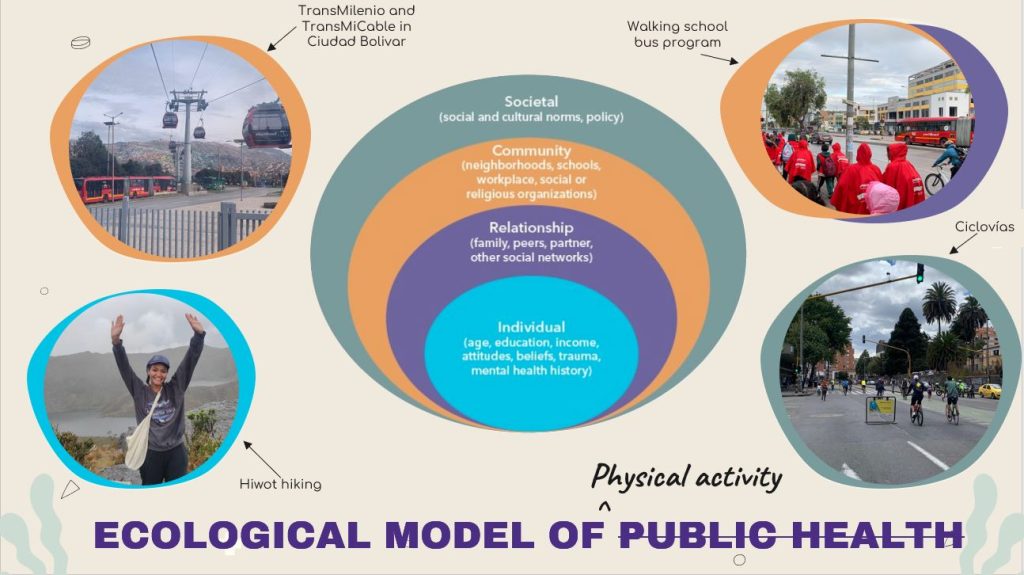UW Department of Epidemiology Inspires Next Generation of Public Health Leaders
In December 2023, representatives from the University of Washington Department of Epidemiology (UW Epi) visited TAF@Saghalie high school and led students through a two-day epidemiology and public health workshop. This workshop, led by UW Epi graduate program director, Stephen Schwartz, student engagement and outreach coordinator, Jalen Smith, and epidemiology doctoral student, Hiwot Zewdie, introduced students in grades nine through twelve to exercises in outbreak investigation case studies as an introduction to the epidemiology discipline.

TAF@Saghalie is a STEM-focused school in Federal Way, Washington. The students who participated in the epidemiology workshop were part of a track at TAF@Saghalie that is oriented towards young people who are interested in health professions. So, in addition to this module on epidemiology, they are also learning about other health sciences and public health more broadly.
To make the examples more engaging for their adolescent audience, the workshop leaders based their case study off the sci-fi television show Stranger Things, and a hypothetical disease outbreak in in the city of Hawkins, Indiana, where the fictional Netflix television series takes place. The exercises invited students to act as ‘disease detectives,’ and work together to hunt around for clues behind the pathogen. “As a graduate program instructor, I have not been in a high school classroom since my children were attending, so the experience was eye opening to me,” said Dr. Schwartz. “But the students were great, and they seemed to appreciate the opportunity for hands-on learning.”
The workshop also included examples from Hiwot’s dissertation focused on how urban environments influence physical activity. Hiwot used specifics from her research in Bogotá, Colombia to introduce the concept of an ecological model of public health. “We wanted to help students understand that determinants of health are usually multilevel and are not just confined to the individual,” Hiwot explained. “Typically, students are introduced to the topic of health through more of a medical lens. So, I think this workshop was a nice way to show them that public health not only encompasses themselves, but also their community, policy, cultural, and systemic factors.”
“One thing I hope that the students take away is that public health and epidemiology are not separate from their lives,” Jalen added. “Even as high school students, particularly, as young people who spent several of their formative years attending school online due to COVID-19, they have a specific role in public health.”
The UW Department of Epidemiology aims to continue to conduct initiatives like this one to introduce young people to what a career or academic pathway in epidemiology might look like. “If even one student were to end up applying to a graduate program in epidemiology, or even an undergraduate program in public health, such as the UW public health global health major, because they remembered what they learned through this course in high school, that would be very satisfying to me,” described Dr. Schwartz.